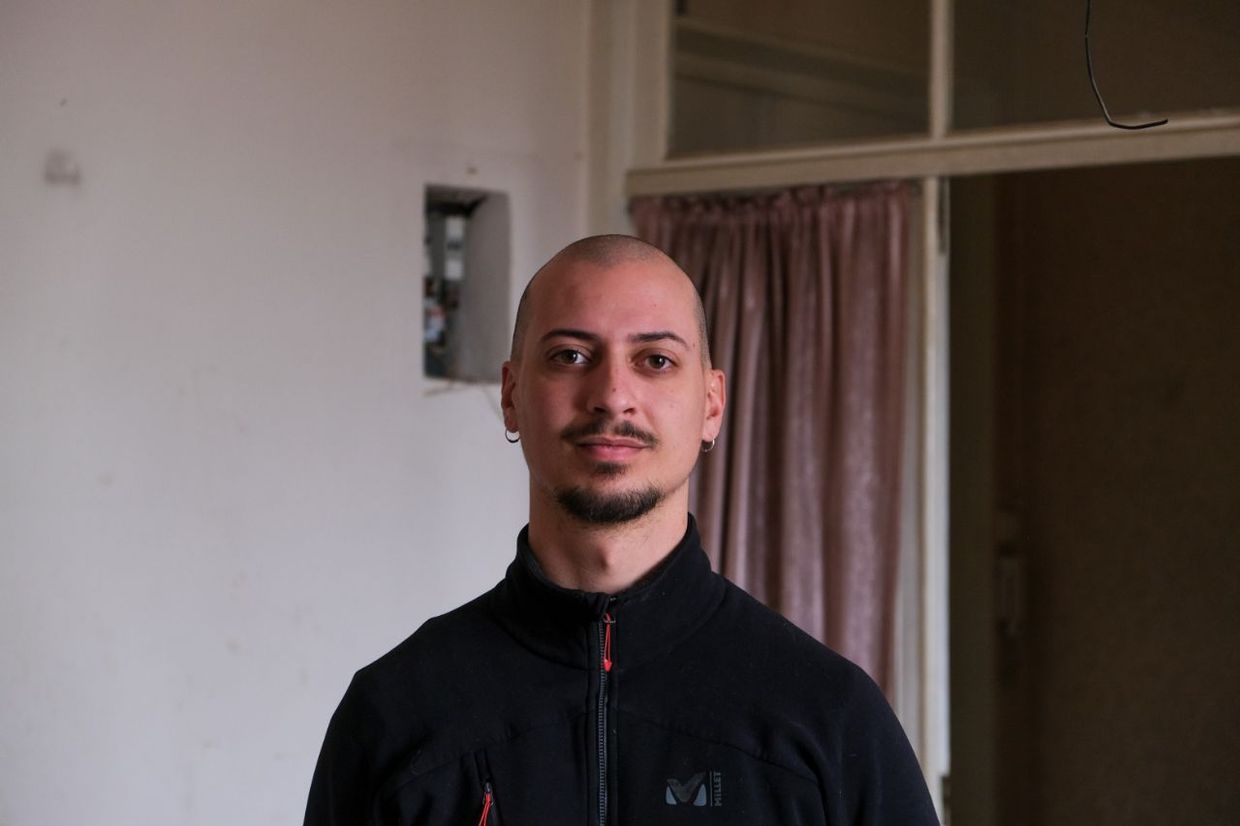
An Azerbaijani student pursuing an MA in journalism at the Georgian Institute of Public Affairs (GIPA) has been denied entry into Georgia. He is just the latest in a series of border denials, the majority of which appear to target journalists and critics of the Georgian Dream government.
Javid Ahmedov, 26, wrote on Facebook on Saturday that he was told at the border he had unpaid fines worth ₾10,000 ($3,700) for allegedly blocking the road in front of the Georgian Parliament building in Tbilisi during the ongoing anti-government protests.
‘I said, I will pay it today, give me some time, About 30 minutes later, they came and said that even if you pay the fine, we will not let you into the country. When I asked why, they could not give any explanation, they just kept repeating “for other reasons” ’, Ahmedov wrote.
He added that the border guards looked at his US visa ‘one by one and made serious faces, as if this was a big sin’.
Ahmedov is studying multimedia journalism and media management at GIPA through a US government-funded scholarship programme for Armenian and Azerbaijani students.
‘The aggression was very obvious’, he told RFE/RL in an interview later.
Previously, on 24 August, when leaving Georgia via the land border with Turkey, Ahmedov was notified that he had a ₾5,000 ($1,900) fine. At that time, Ahmedov attempted to stay in the country, but the border guards stamped his exit out, telling him he could pay when he returned.
Ahmedov told RFE/RL that he never participated in the anti-government rallies, but was attending them as a journalist, carrying a camera with him. Several Georgian journalists have received similar fines, including OC Media’s Mariam Nikuradze, despite clear apparel and actions showing they were working at the time.
‘The hardest part of this decision is the impact on my education. I may not be able to get my master’s degree — I have to be physically present for my final exams’, Ahmedov wrote on social media about the entry refusal.
Ahmedov’s denial at the border follows a trend, which has seen numerous journalists and government critics denied entry into Georgia in recent months. The majority, like Ahmedov, have been denied entry on the basis of ‘other cases envisaged by Georgian legislation’.
Previously, on 3 August, French photojournalist Hicham El Bouhmidi was denied entry into Georgia after a trip to Armenia, and told he had to pay a ₾5,000 ($1,900) fine for ‘participating in a protest in March’. He had been residing in Georgia since October 2024.
Some of the more high-profile cases involving Western figures being denied entry include former US diplomat and civic sector consultant Maggie Osdoby Katz, Romanian stand up comedian Victor Patrascan, prominent French photographer Marylise Vigneau, and Lithuanian women’s rights advocate Regina Jegorova-Askerova. Jegorova-Askerova reportedly had a family in Georgia, including two children, and also held permanent residency.
On 21 May, Simon Vandenbroucke, an Enlargement Programme Officer working for the EU Delegation to Georgia, was denied entry to Georgia without explanation. After the delegation addressed the Georgian Foreign Ministry regarding the matter, however, the Georgian authorities ‘presented oral apologies for the regrettable incident and confirmed that the staff member is welcome to come back to his place of posting’.
Later the same month, the French and Polish Embassies in Georgia issued travel advisories, warning their citizens they could be denied entry into Georgia or face heavy fines for participating in or sharing information on social media related to the ongoing anti-government protests.






![Baia Margishvili standing in central Tbilisi with a sign reading: ‘The Prosecutor’s Office [is] a punitive squad. How many more innocent people will you put in prison?’ Photo: Mariam Nikuradze/OC Media.](/_next/image/?url=https%3A%2F%2Fassets.bucket.fourthestate.app%2Foc-media-prod%2Fcontent%2Fimages%2F2026%2F02%2Fcalls-for-sanctions-and-raids-19-10-25-48.jpg&w=3840&q=50)





